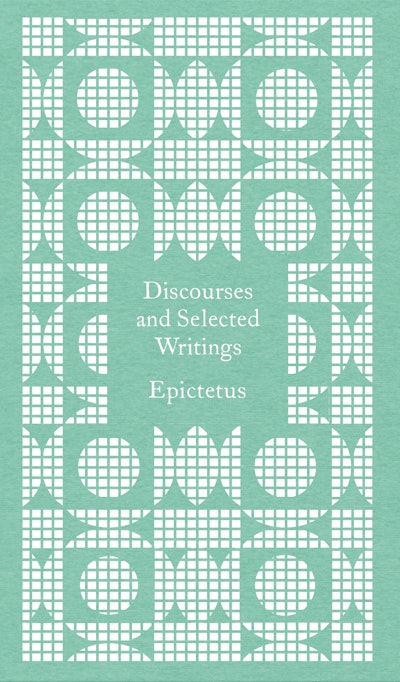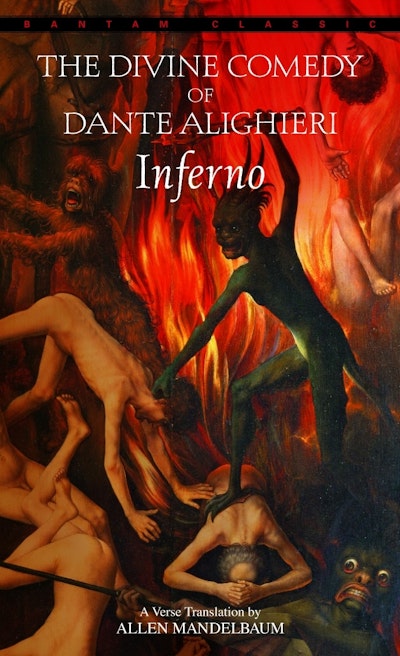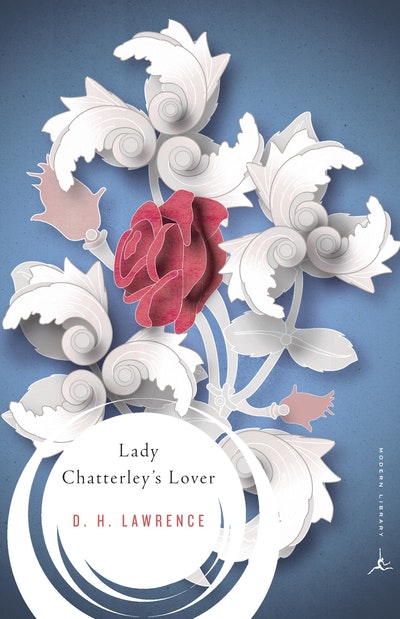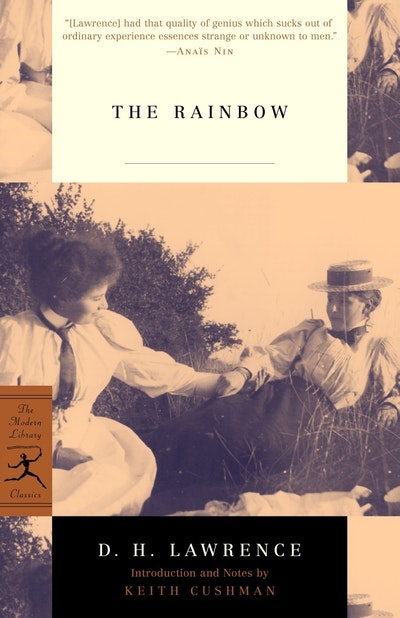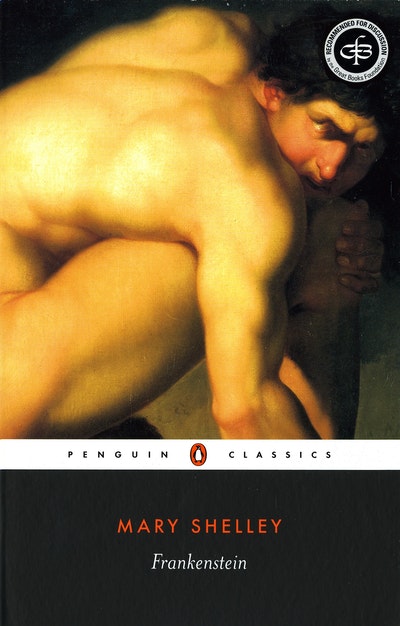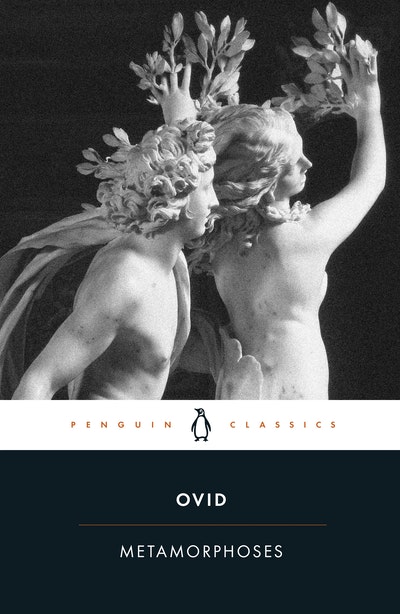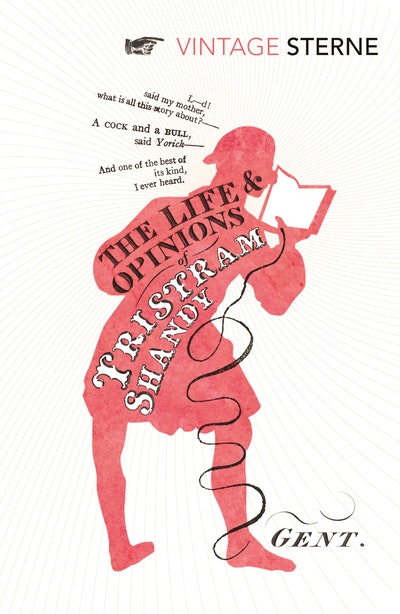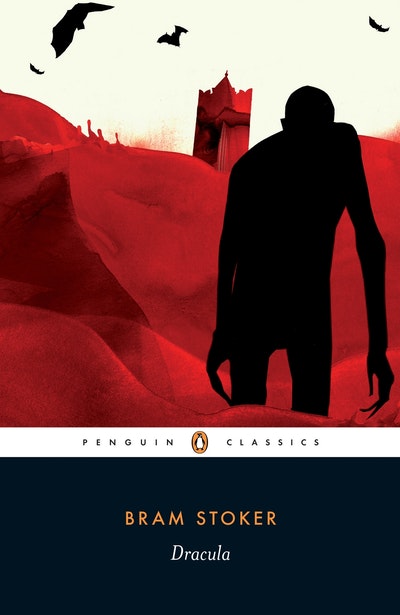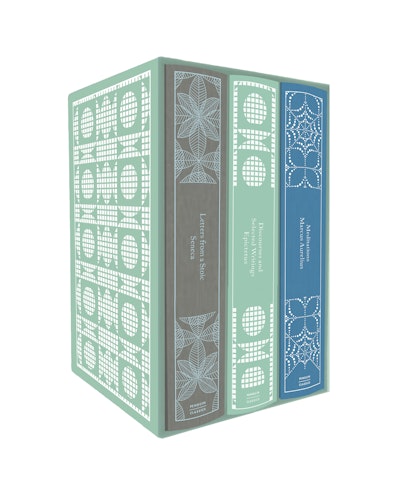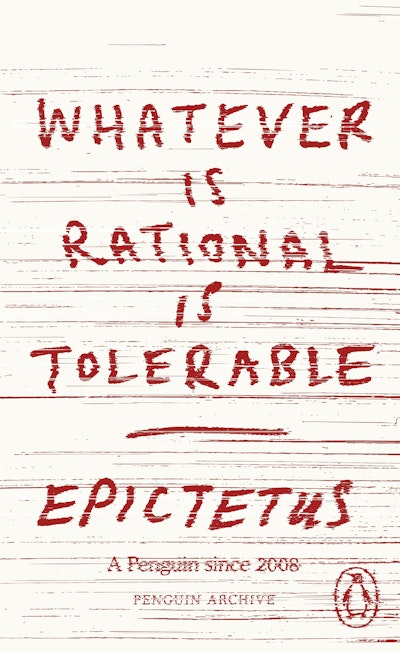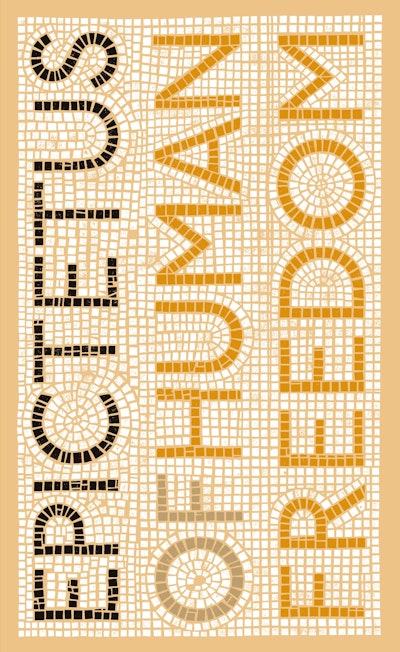- Published: 6 January 2026
- ISBN: 9780241764060
- Imprint: Penguin Classics
- Format: Hardback
- Pages: 416
- RRP: $37.00
Discourses and Selected Writings
A beautiful edition of the great Stoic philosopher's writings, designed by Coralie Bickford-Smith and new to the Penguin Pocket Hardbacks series
'I must die. But must I die bawling?'
Epictetus, a Greek Stoic and freed slave, ran a thriving philosophy school in Nicopolis in the early second century CE. His animated discussions were celebrated for their rhetorical wizardry and were written down by Arrian, his most famous pupil. The Discourses argue that happiness lies in learning to perceive exactly what is in our power to change and what is not, and in embracing our fate to live in harmony with god and nature. In this personal, practical guide to the ethics of Stoicism and moral self-improvement, Epictetus tackles questions of freedom and imprisonment, illness and fear, family, friendship and love.
This is a Penguin Pocket Hardback edition, designed by the award-winning Coralie Bickford-Smith. Robert Dobbin's modern and lively translation is accompanied by an introduction and notes.
- Published: 6 January 2026
- ISBN: 9780241764060
- Imprint: Penguin Classics
- Format: Hardback
- Pages: 416
- RRP: $37.00
Other books in the series
About the author
Epictetus (c. 55-135 AD) was a teacher and Greco-Roman philosopher. Originally a slave from Hierapolis in Anatolia (modern Turkey), he was owned for a time by a prominent freedman at the court of the emperor Nero. After gaining his freedom he moved to Nicopolis on the Adriatic coast of Greece and opened a school of philosophy there. His informal lectures (the Discourses) were transcribed and published by his student Arrian, who also composed a digest of Epictetus' teaching known as the Manual (or Enchiridion). Late in life Epictetus retired from teaching, adopted an orphan child, and lived out his remaining years in domestic obscurity. His thought owes most to Stoicism, but also reflects the influence of other philosophers, Plato and Socrates in particular.
